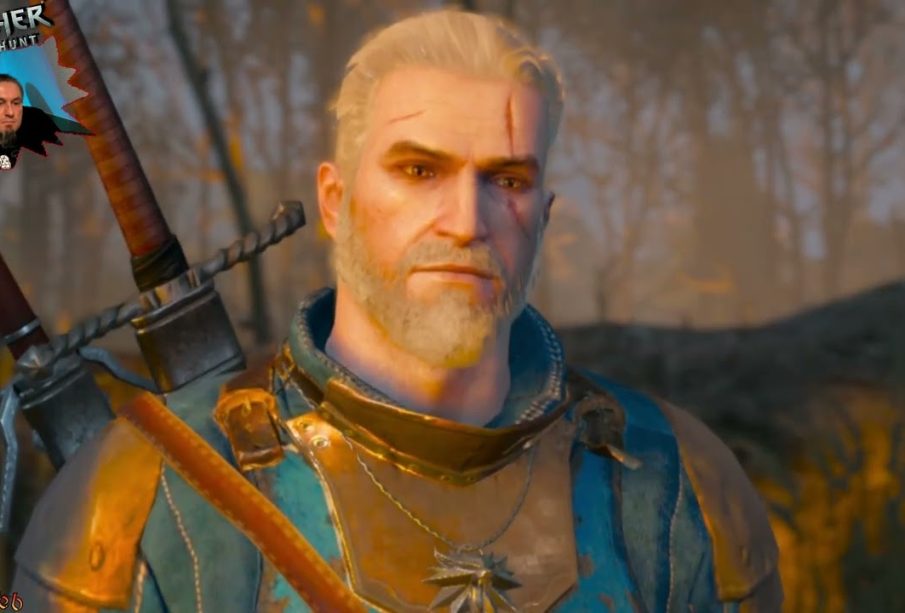The Witcher: The Rise of a Cultural Phenomenon

Introduction
The Witcher is a multimedia franchise that has captured the hearts of a global audience through its rich storytelling and immersive worlds. Originally a series of novels by Polish author Andrzej Sapkowski, The Witcher has expanded into video games, a hit Netflix series, and even merchandise. Its importance lies not only in its vibrant narrative but also in how it has shaped modern fantasy culture, reflecting and influencing societal trends.
The Evolution of The Witcher
The Witcher franchise began in 1986 with short stories published in various Polish magazines, eventually culminating in a full series of novels. However, it was the release of the first video game by CD Projekt Red in 2007 that propelled The Witcher into international prominence. The game’s success led to two sequels, The Witcher 2: Assassins of Kings and The Witcher 3: Wild Hunt, which set benchmarks for storytelling and open-world design in gaming.
The Witcher 3, released in 2015, garnered critical acclaim, winning numerous Game of the Year awards. Its narrative depth and richly textured world-building set it apart in a competitive gaming landscape, attracting millions of players worldwide. Themes of moral ambiguity and complex character development resonated deeply with audiences, prompting reviews that praised it as a landmark title in gaming history.
Netflix Adaptation and Its Impact
The franchise gained further momentum with the adaptation of The Witcher into a Netflix series, which premiered in December 2019. Starring Henry Cavill as Geralt of Rivia, the show quickly became a sensation, attracting a diverse audience beyond gamers. The series has been praised for its engaging storytelling, character depth, and impressive production values, contributing to a significant boost in interest in the original novels and games.
Current Events and Future Prospects
As of late 2023, anticipation for Season 3 of The Witcher remains high, with fans eager to see how the adaptation continues to evolve. Additionally, CD Projekt Red is developing a new game in the franchise that promises to expand on the world of The Witcher, appealing to both established fans and newcomers alike. The franchise’s growth is reflective of broader trends in technology and entertainment, where narratives from games are increasingly transitioning into television, movies, and other formats.
Conclusion
The Witcher is not just a franchise; it embodies a cultural movement that intertwines literature, gaming, and television. Its impact is evidenced in the way it has forged connections among diverse audiences with a shared love for fantasy. As both the gaming and entertainment landscapes continue to evolve, The Witcher stands as a testament to storytelling’s power, with future developments promising even greater engagement and exploration of its rich lore.









